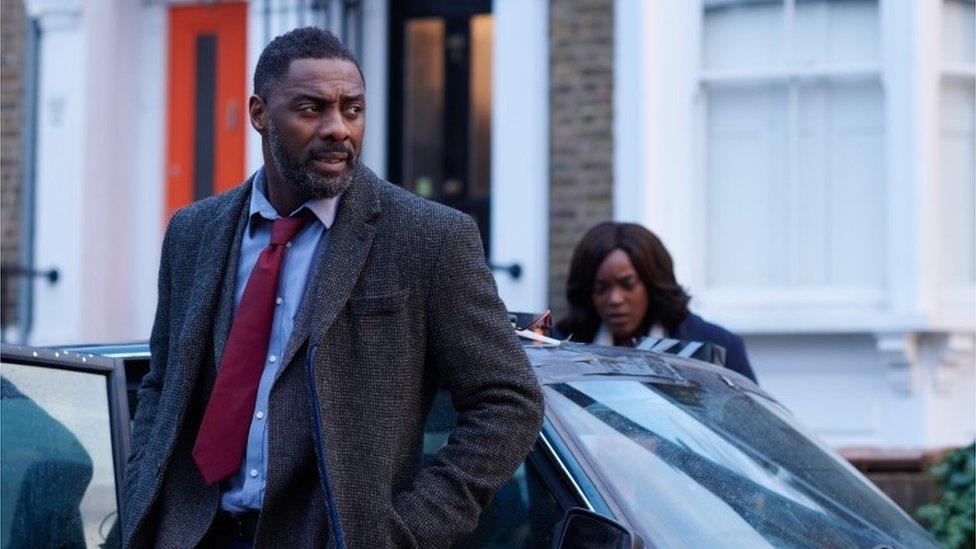Disney, Netflix, Amazon: The battle for streaming survival
- Published
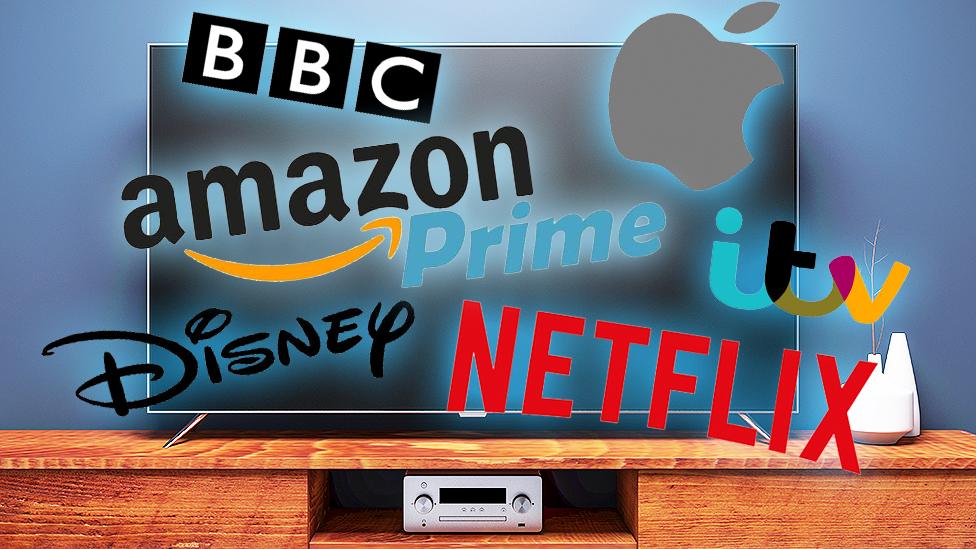
The demand for on-demand TV has never been higher.
Disney has announced its rival to the likes of Netflix and Amazon Prime - and they're calling it Disney+.
In March, Apple announced its own streaming service: Apple TV+.
But in a market that's getting more and more crowded, can they all survive?
Why are Disney and Apple getting into streaming TV?
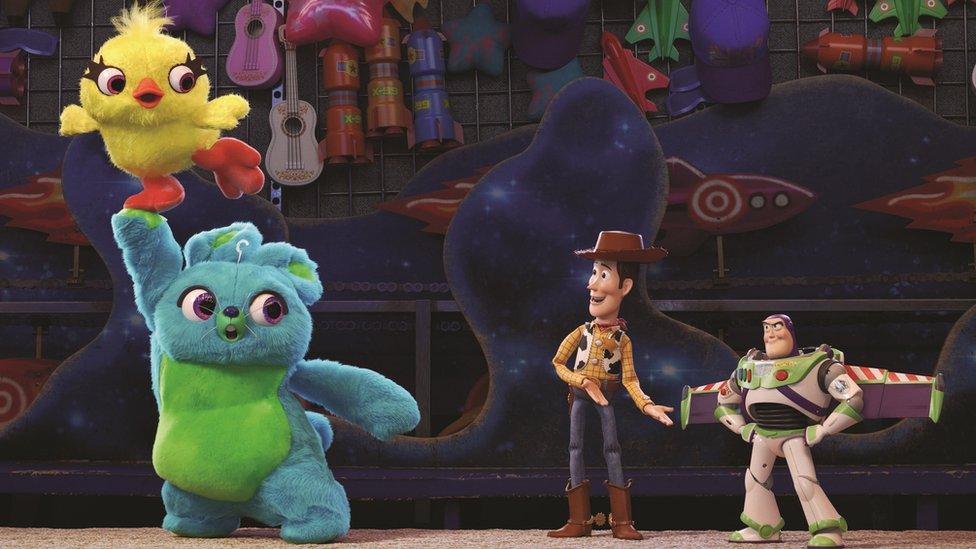
Disney has a big advantage because it has decades of filmmaking experience already, according to Shona Ghosh, senior tech reporter at Business Insider.
"It costs a lot of money to make popular shows and Disney is an expert in offering really well-known film and TV franchises," she says.
Disney can draw on its classic movies, as well as Pixar, Marvel, Star Wars - and now Fox films.
It's thought that as contracts expire with other streaming services, Disney will slowly take its films off the likes of Netflix and make them exclusive to Disney+.
Netflix has already axed its remaining Marvel shows.
There will also be shows just for the streaming service - including a new Star Wars spin-off, expected to debut when the service goes live in North America in November.
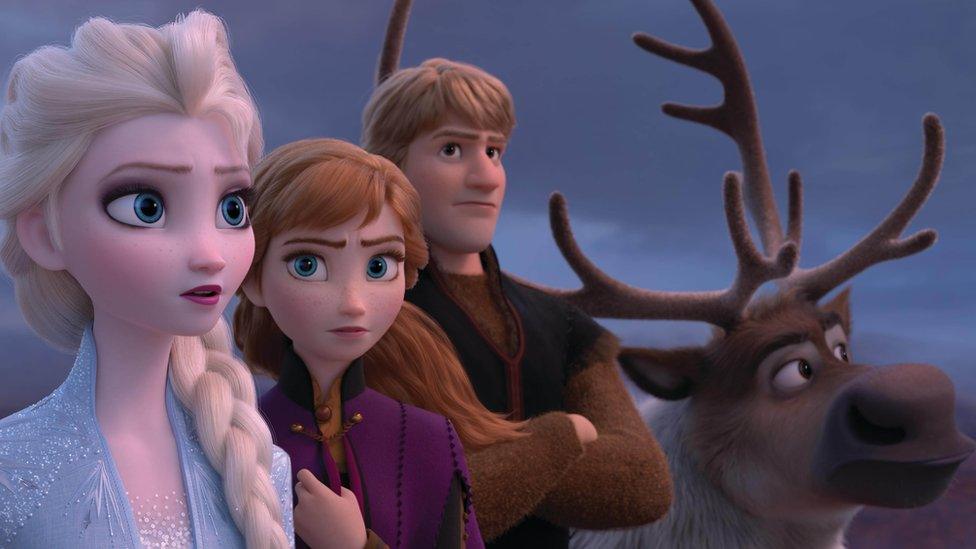
For Apple, the incentive is slightly different: iPhone sales have been slowing down.
It's why Shona thinks they are looking at new ways to stay at the top.
"Apple knows it has a lot of people that buy iPhones, iPads and Macs. Also there's Apple Music," Shona tells Radio 1 Newsbeat.
"So because it knows it has trust as a provider of that stuff, it's branching out into shows and thinking it can really add something for the people that buy their devices."
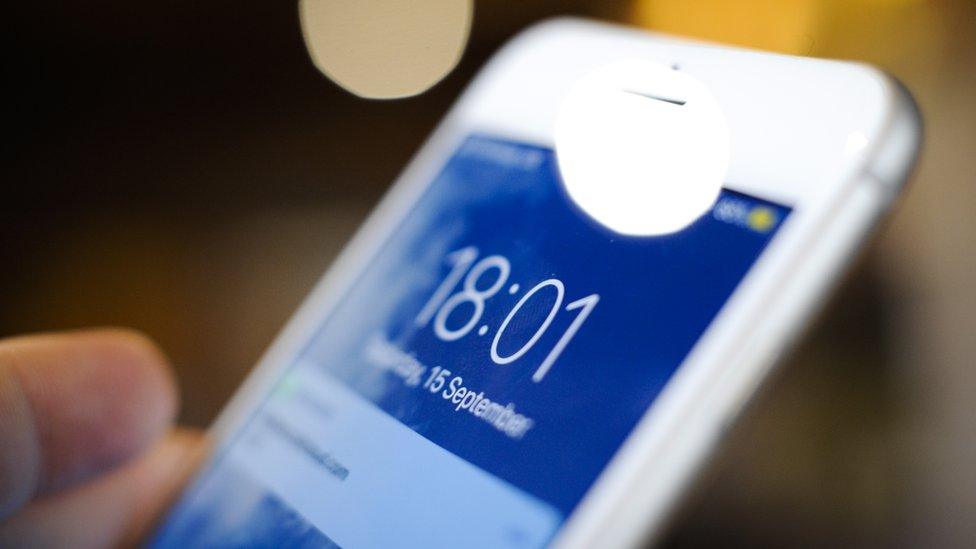
Best known for its mobile devices, Apple wants to prove it can adapt to stay at the top
Shona thinks Apple is already realising how difficult that task will be.
"It's ambitious for a tech company that isn't really known for providing content itself to try and commission shows," she says.
"I'm not sure it's going all that smoothly - they still haven't announced the full roster of shows that will be available.
"Apple being Apple I'm sure it will go smoothly eventually, but it's possible it won't work out."
What does it mean for customers?
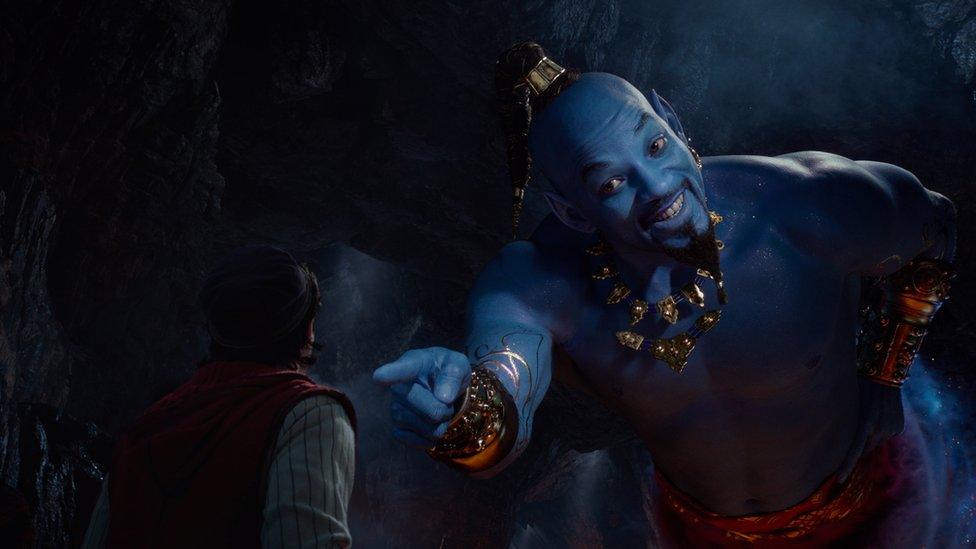
"There has probably been a golden period where Netflix was the predominant, very popular streaming service. But now with so much choice, a lot will be splintered up," Shona thinks.
So does that mean we'll have to spend more?
"If Netflix is no longer top dog it can't suddenly turn around and raise its prices. It has to think about the competition.
"On the flip side you won't have one platform where you can find everything. You may have to have multiple subscriptions."
What does the future of TV streaming look like?
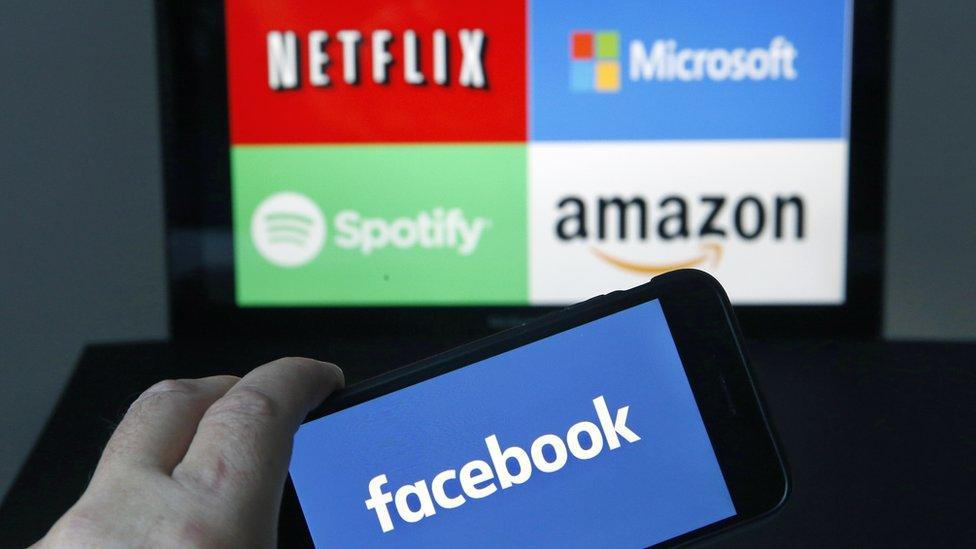
The battle for your screen time is more competitive than ever
With Netflix, Amazon, Disney, Apple, and even the BBC and ITV getting involved, there will soon be loads of streaming options.
But Shona thinks the future of how we watch TV might actually end up looking familiar.
"With all these different companies offering streaming, you may eventually end up paying for something that looks a bit like your parents' Sky or cable service from 10 or 15 years ago."
Allow YouTube content?
This article contains content provided by Google YouTube. We ask for your permission before anything is loaded, as they may be using cookies and other technologies. You may want to read Google’s cookie policy, external and privacy policy, external before accepting. To view this content choose ‘accept and continue’.
That could mean streaming services will get bundled together into packages.
"People don't have the money to pay £10 or £15 a month for Netflix, then another £10 for the combined streaming service being offered by the BBC and ITV, then Amazon Prime as well - that would get very expensive."
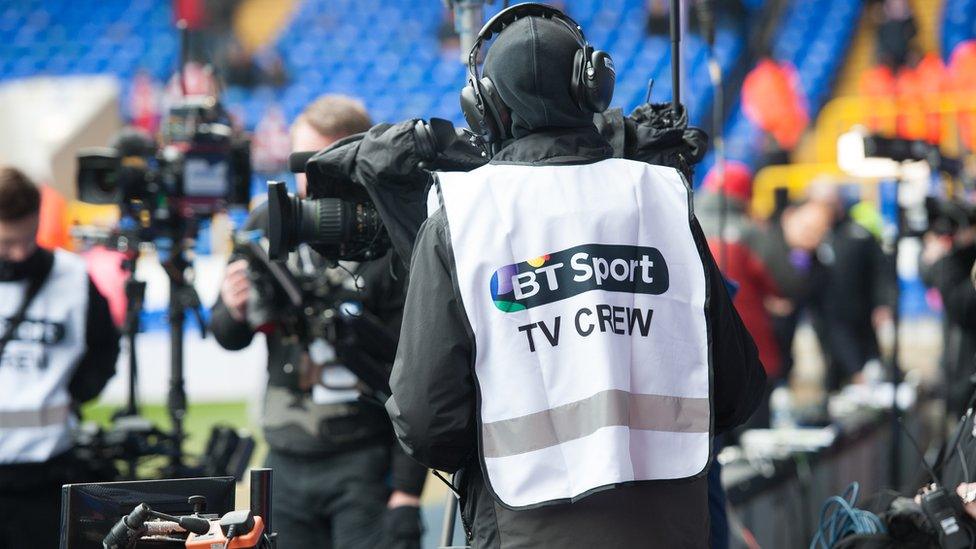
When BT Sport first entered the UK sports market it was free for its mobile and internet customers
And TV content could be used as an incentive for firms trying to get you to buy other products.
It's a technique we've already started to see - with the likes of BT offering BT Sport for free to its mobile and internet customers when it launched.
"There's a rumour that if you're already an Apple device owner, you may not have to pay extra for some of, if not all of, Apple's streaming services," says Shona.
"So if you're already paying for the expensive device, Apple is making it more worth your while by giving you some content for free on top of that."
Amazon Prime does similar, offering TV content alongside free delivery on its massive online shop. It's a technique that could be key for streaming services that want to be successful.
Will all of the streaming services survive?
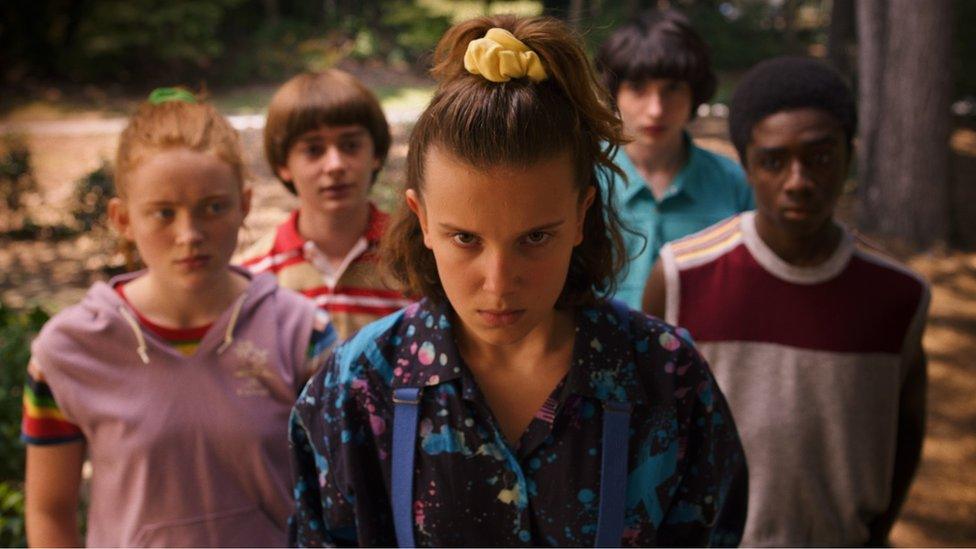
Apple and Disney are big names and some of its rivals are already feeling the pressure.
"I think there will be some companies that do fall by the wayside," adds Shona. "Netflix is spending a lot of money producing great content - whether it can keep it up remains to be seen.
"Businesses like Amazon have many other elements it can rely on, not just content, whereas something like Netflix will be under a lot of pressure.
"You'll have to wait to see whether consumers buy into this idea that Apple is akin to something like a Disney.
"But people have bought in to Netflix, a brand new service that's evolved from being a DVD service to being this content powerhouse.
"Companies are capable of pulling it off, but it's possible that not everyone will survive."

Follow Newsbeat on Instagram, external, Facebook, external and Twitter, external.
Listen to Newsbeat live at 12:45 and 17:45 every weekday on BBC Radio 1 and 1Xtra - if you miss us you can listen back here.
- Published12 April 2019
- Published9 August 2017
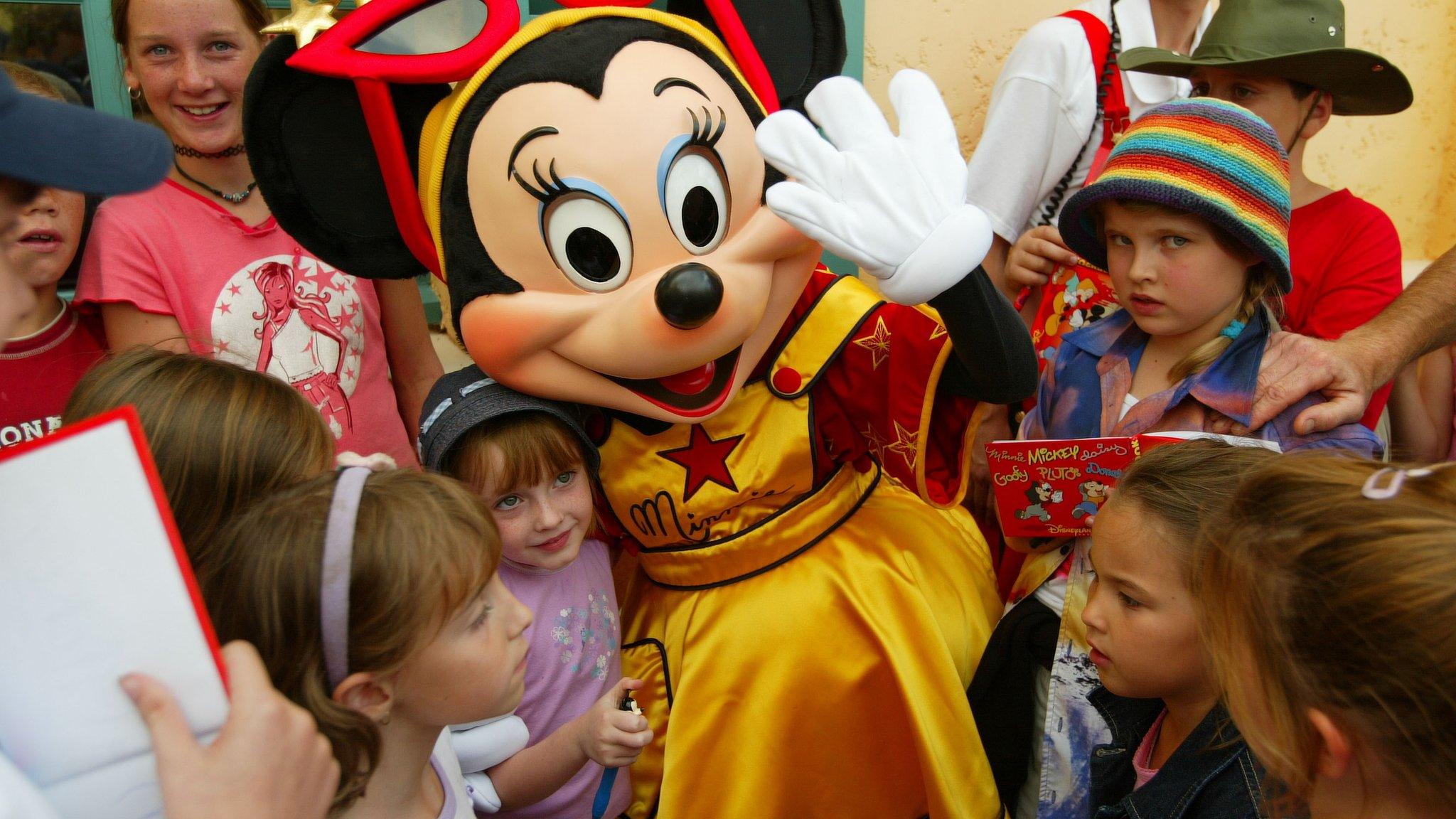
- Published18 November 2018
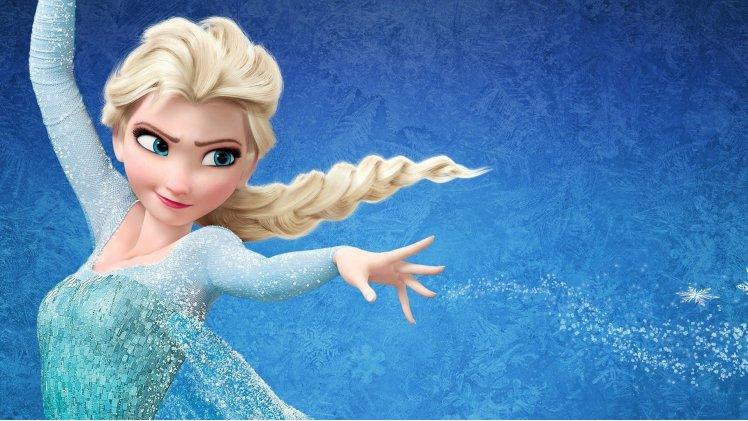
- Published30 January 2019
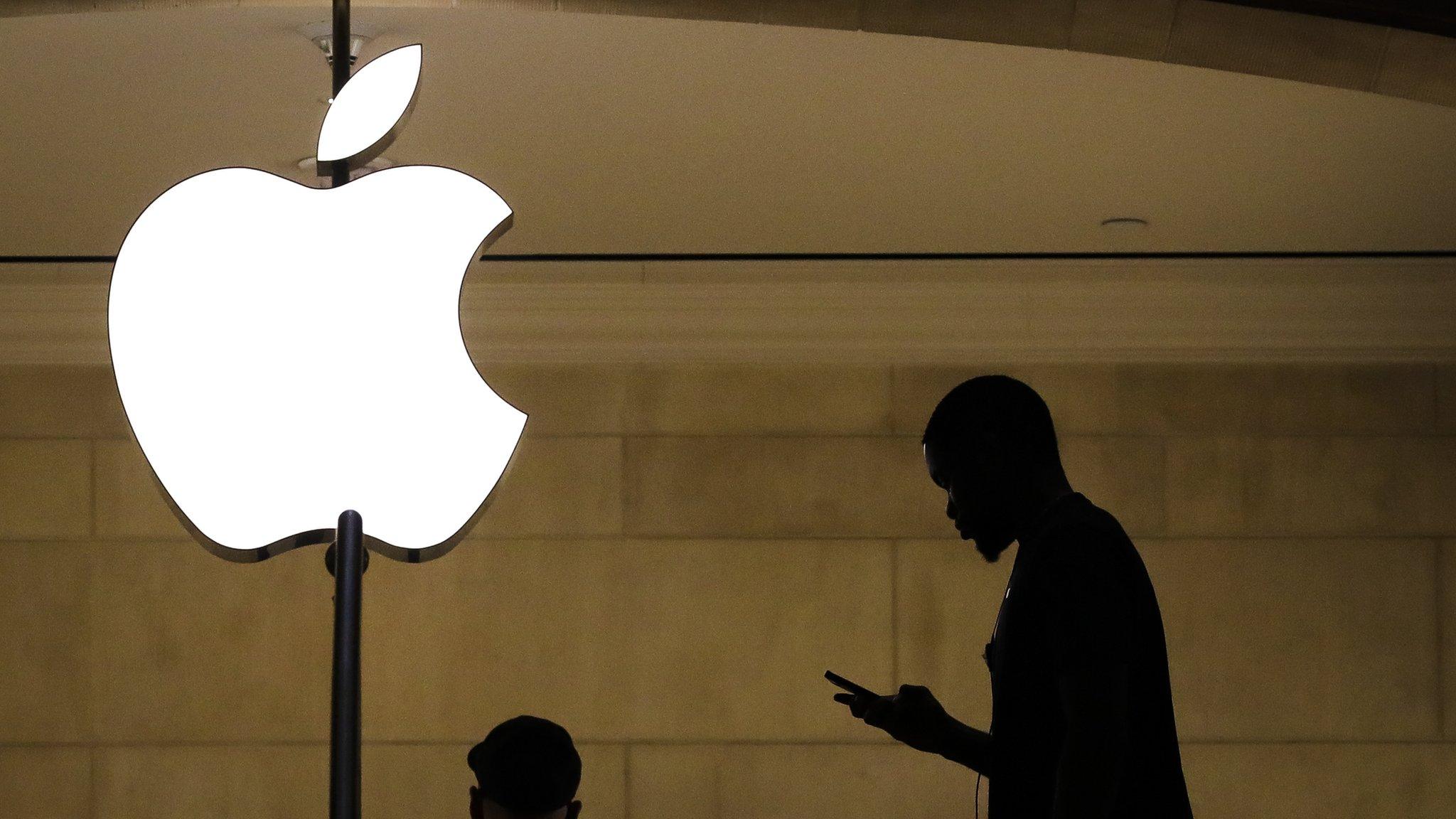
- Published22 March 2019
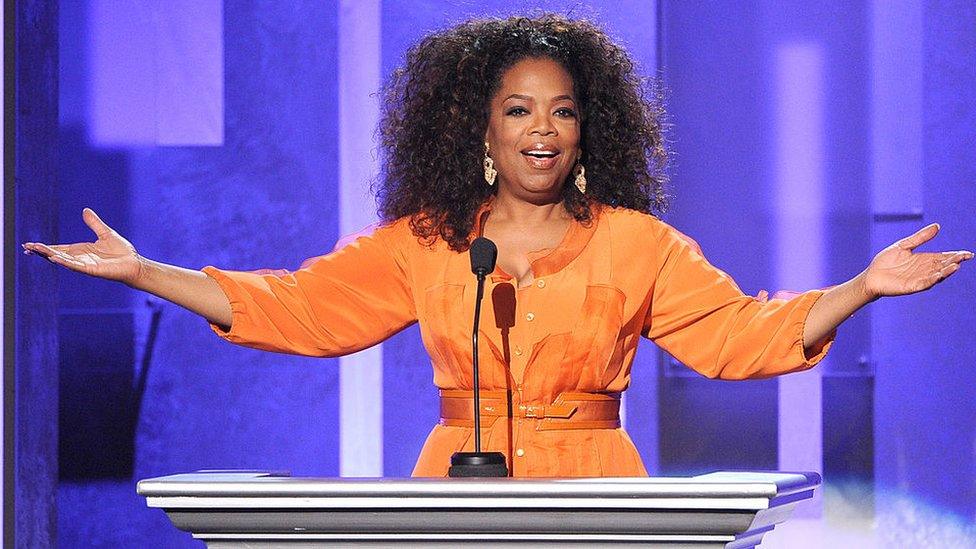
- Published27 February 2019
